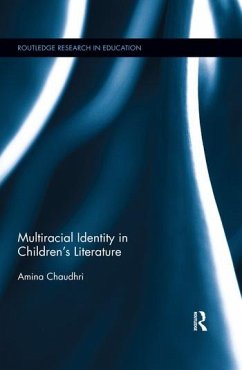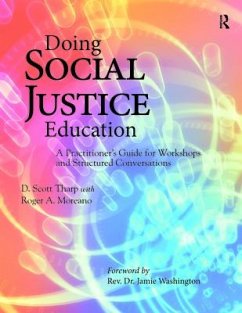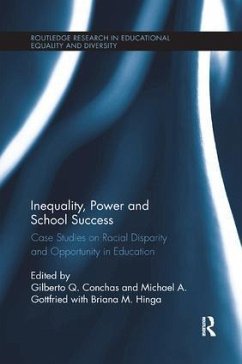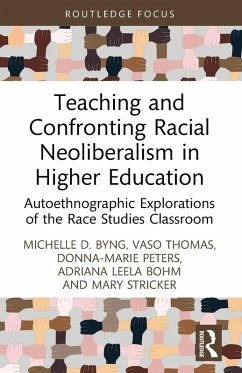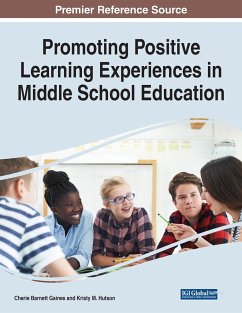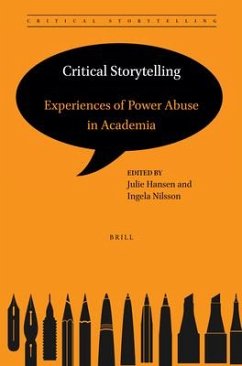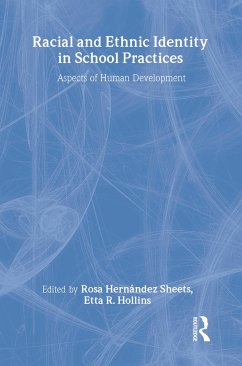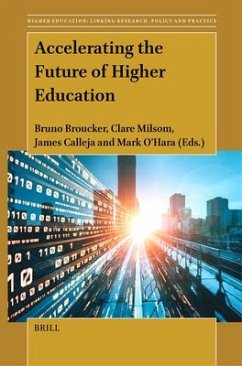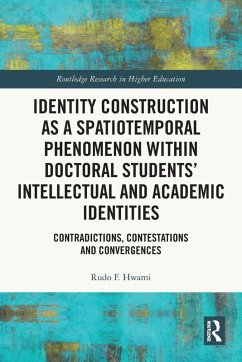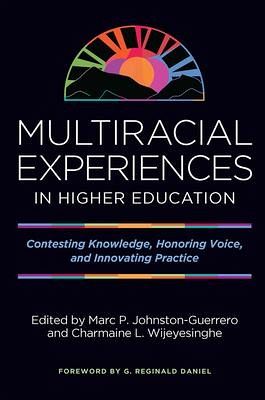
Multiracial Experiences in Higher Education
Contesting Knowledge, Honoring Voice, and Innovating Practice
Herausgeber: Johnston-Guerrero, Marc P; Wijeyesinghe, Charmaine L
Versandkostenfrei!
Versandfertig in über 4 Wochen
43,99 €
inkl. MwSt.
Weitere Ausgaben:

PAYBACK Punkte
22 °P sammeln!
This book centers the experiences of Multiracial people, those individuals claiming heritage and membership in two or more (mono)racial groups and/or identifies with a Multiracial term.





